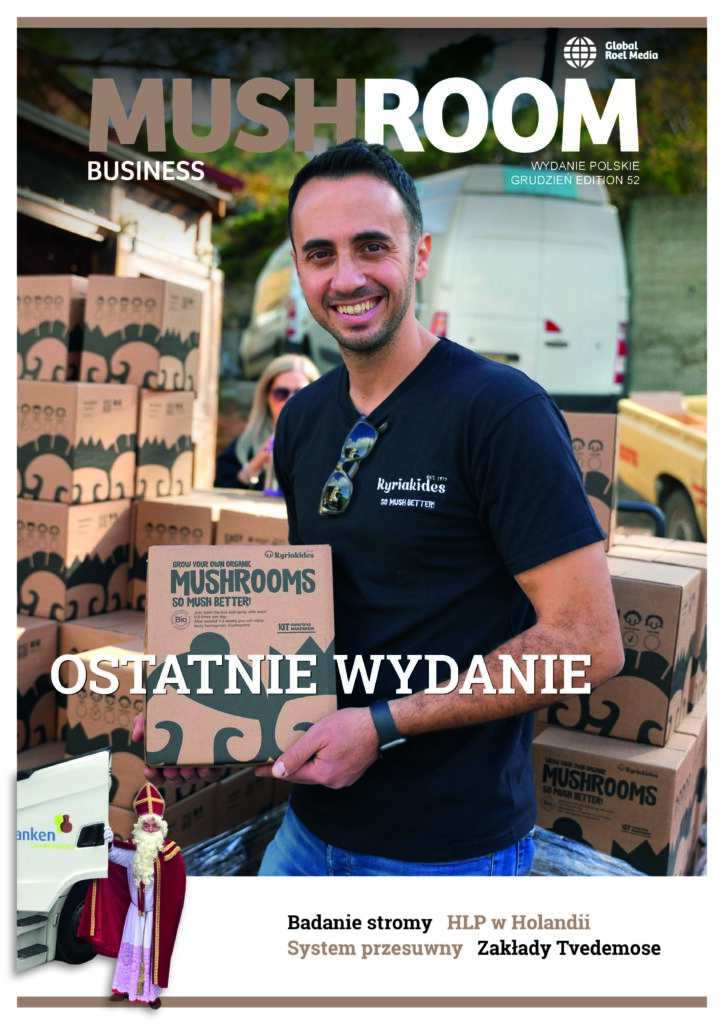
Chinese Inspection and Quarantine Services are reported to have banned all exports of canned mushrooms to the US after a number of shipments were rejected due to pesticide contamination. Dutch mushroom canners have seen a distinct uptick in business as a consequence, but there are concerns that some buyers have simply been put off canned mushrooms, regardless of origin.
Throughout September, the US refused ten shipments of canned mushrooms from China, all on grounds of pesticide contamination. China has now stopped all exports of canned mushrooms to the US until the problems can be resolved. “The China Inspection and Quarantine Services are investigating and consulting with the factories and farmers, but it is very difficult to control,” the exporter said. A European trader thought the ban could take some time to overcome, stating that new inspections usually come after a year or two. However, the Chinese exporter was more optimistic: “For the new crop we will find a way, though. The big packers have integrated production.”
Authorities Given China’s poor reputation for food safety, it seems likely that the CIQ will err on the side of caution, to avoid further bad press. The trader thought the Chinese authorities would want to wait until they were very sure their produce was free from contamination before allowing shipment again to maintain trust in their rulings. “One thing you can be sure of is that any mushrooms still to come out of China will be of the best possible quality, because they will be so careful and thorough,” he said. It is not clear how widespread the problem is. One Dutch supplier said: “There are probably a lot of good guys and one or two cowboys who ruin it for everyone else.” A Chinese exporter added: “My customers have had problems with several canneries. Some people have had two containers rejected.” The European trader commented that the problem was specific to third-quality pieces and stems, which had been preserved in salt and packed later, because US clients tend to want year-round shipping. The US has a zero-tolerance policy on pesticide contamination. China is not the only country having problems. In July, several containers of canned mushrooms produced by the Indian company, Agro Dutch, were rejected by the US after they were found to contain traces of carbendazim.
Netherlands Given the problems with pesticides, Dutch companies present an attractive option – since they produce their own compost and grow indoors, they do not use pesticides at all. At SIAL, a Dutch contact reported that customers had been making big deals with him as a result of the problems elsewhere, but was concerned that the overall reputation of canned mushrooms would suffer. Despite the obstacles to trade with China and India, the Dutch contact was not planning to raise his prices, since mushroom canners there are looking to gain market share in the US. He did not comment on specifics, but said that prices are likely to be “similar to last year”, and that Eurozone producers are likely to keep profiting from the euro-dollar exchange rate.Ca nned mushrooms are not the only product to have sounded the alarm bells. Dried mushrooms from China are subject to an import alert on the grounds that such a high proportion of shipments in the past have failed to meet sanitary standards.
Source: Amy Booth for Foodnews






